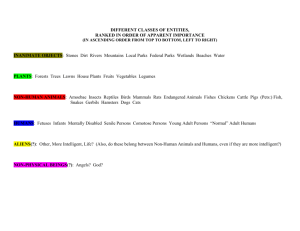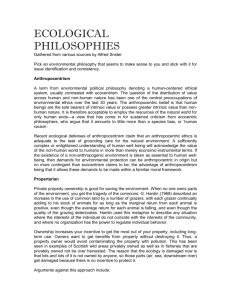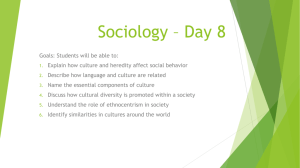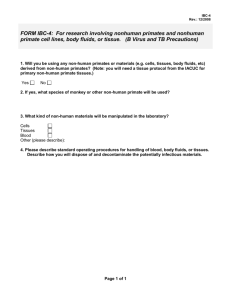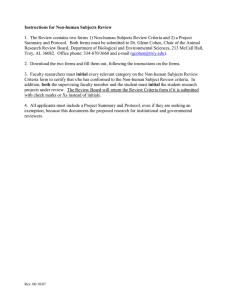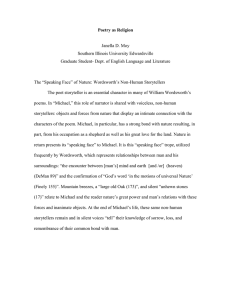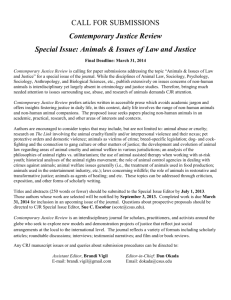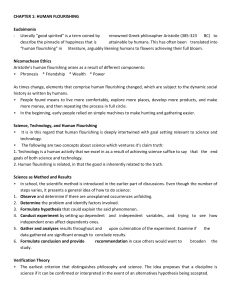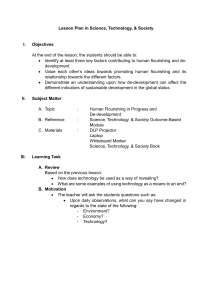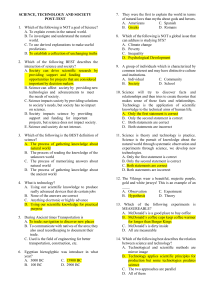THE EIGHT PRINCIPLES OF DEEP ECOLOGY Revised January 21, 2000
advertisement
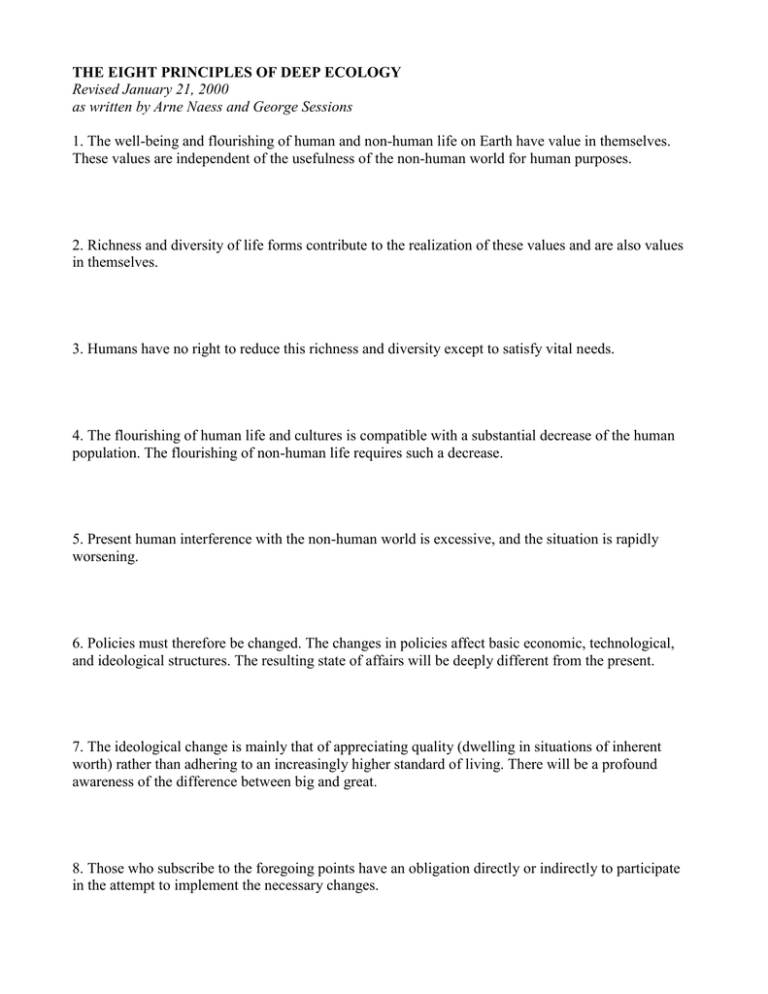
THE EIGHT PRINCIPLES OF DEEP ECOLOGY Revised January 21, 2000 as written by Arne Naess and George Sessions 1. The well-being and flourishing of human and non-human life on Earth have value in themselves. These values are independent of the usefulness of the non-human world for human purposes. 2. Richness and diversity of life forms contribute to the realization of these values and are also values in themselves. 3. Humans have no right to reduce this richness and diversity except to satisfy vital needs. 4. The flourishing of human life and cultures is compatible with a substantial decrease of the human population. The flourishing of non-human life requires such a decrease. 5. Present human interference with the non-human world is excessive, and the situation is rapidly worsening. 6. Policies must therefore be changed. The changes in policies affect basic economic, technological, and ideological structures. The resulting state of affairs will be deeply different from the present. 7. The ideological change is mainly that of appreciating quality (dwelling in situations of inherent worth) rather than adhering to an increasingly higher standard of living. There will be a profound awareness of the difference between big and great. 8. Those who subscribe to the foregoing points have an obligation directly or indirectly to participate in the attempt to implement the necessary changes.
